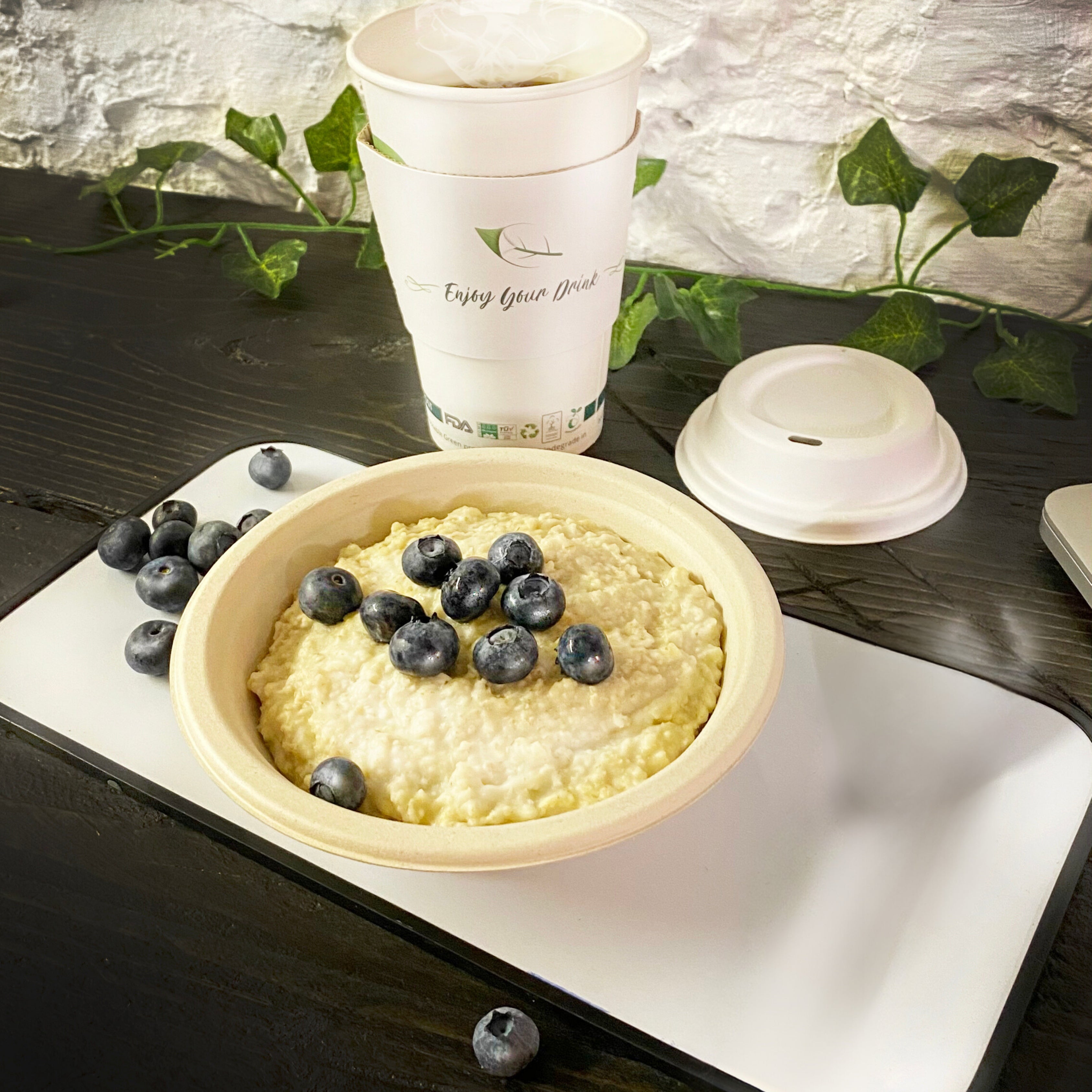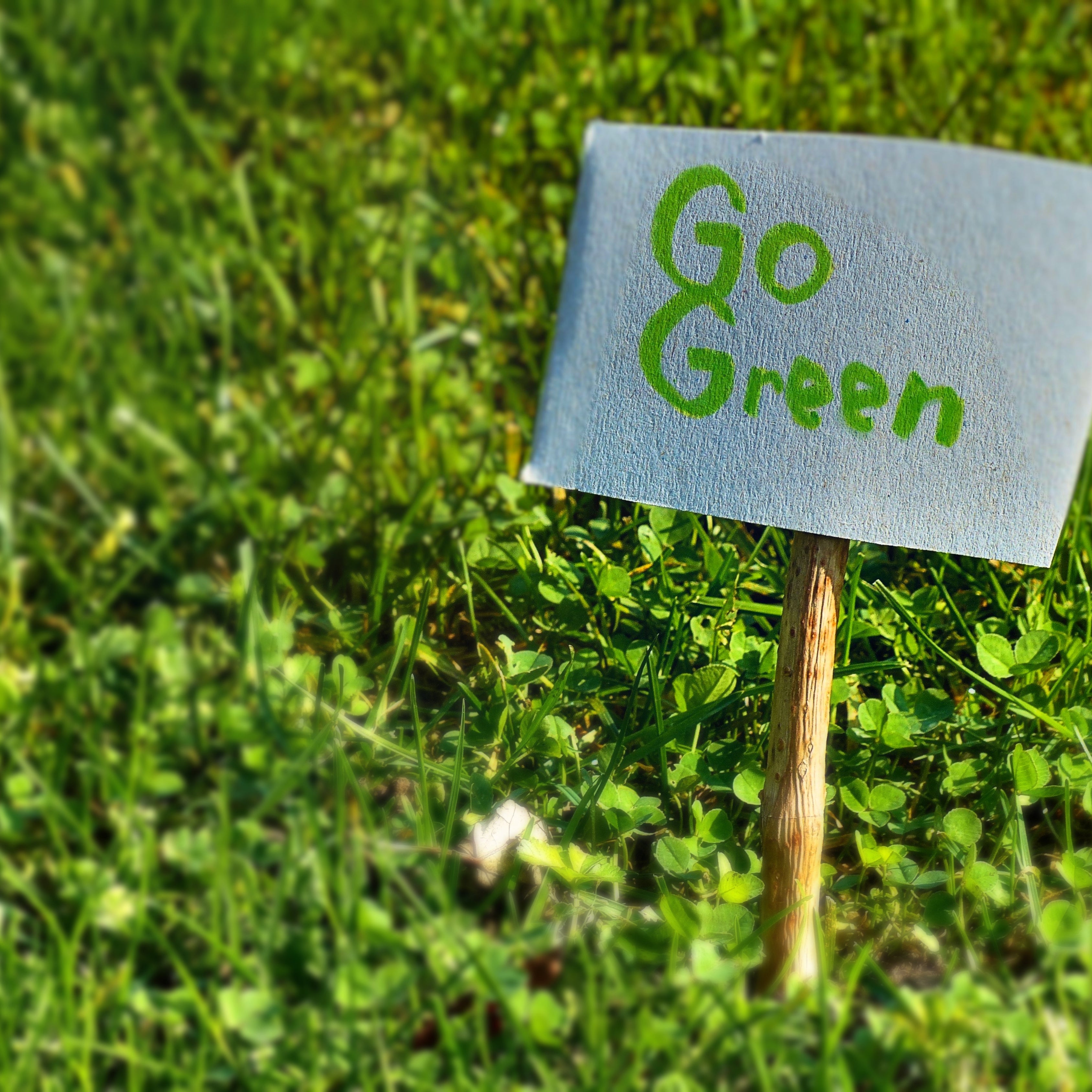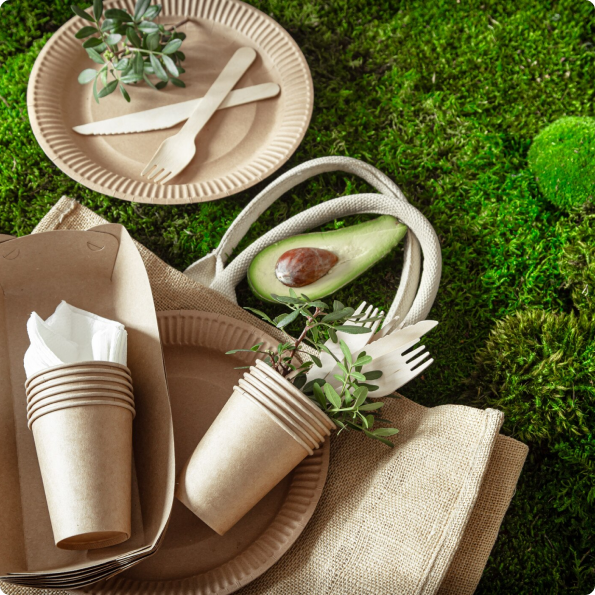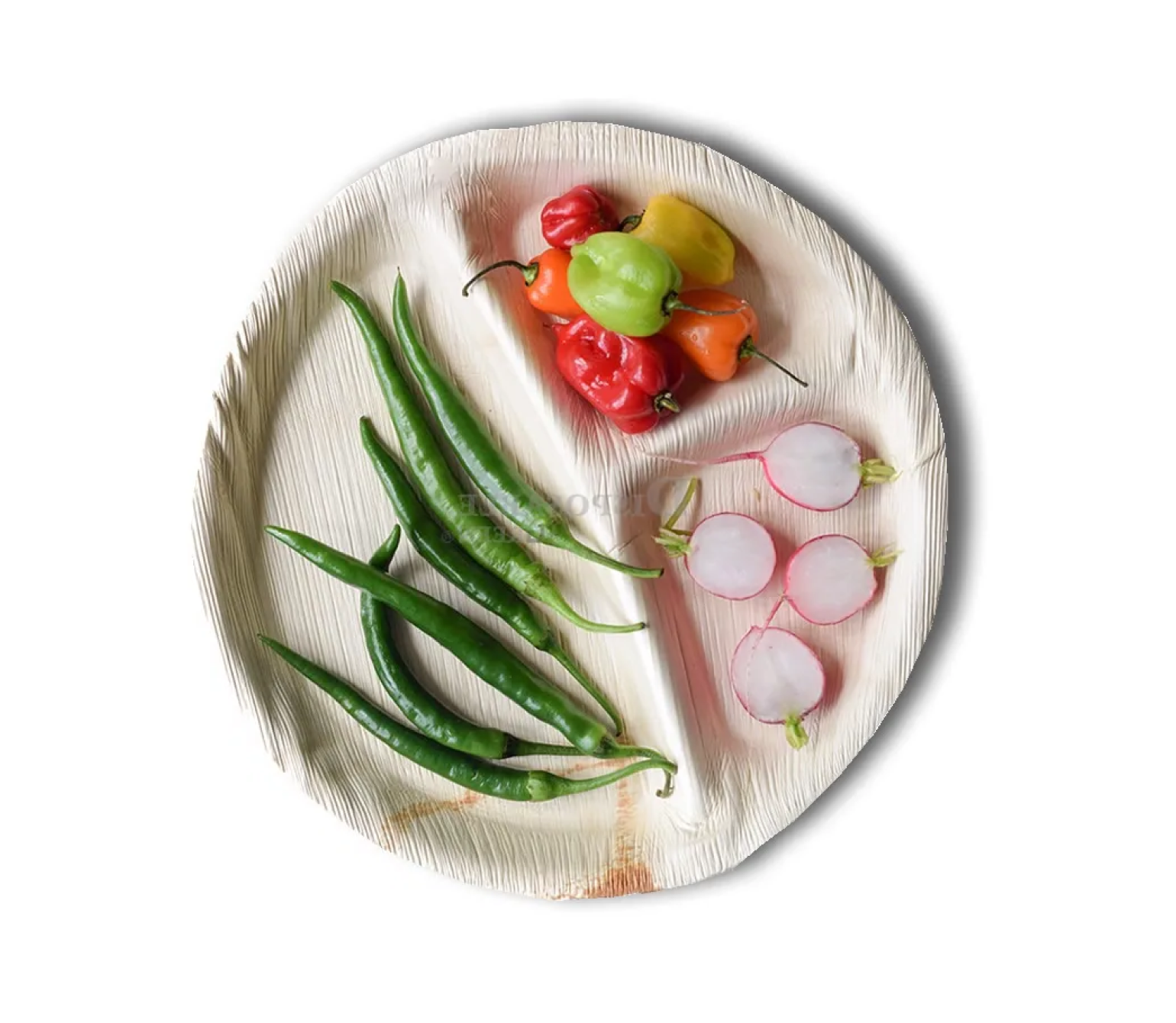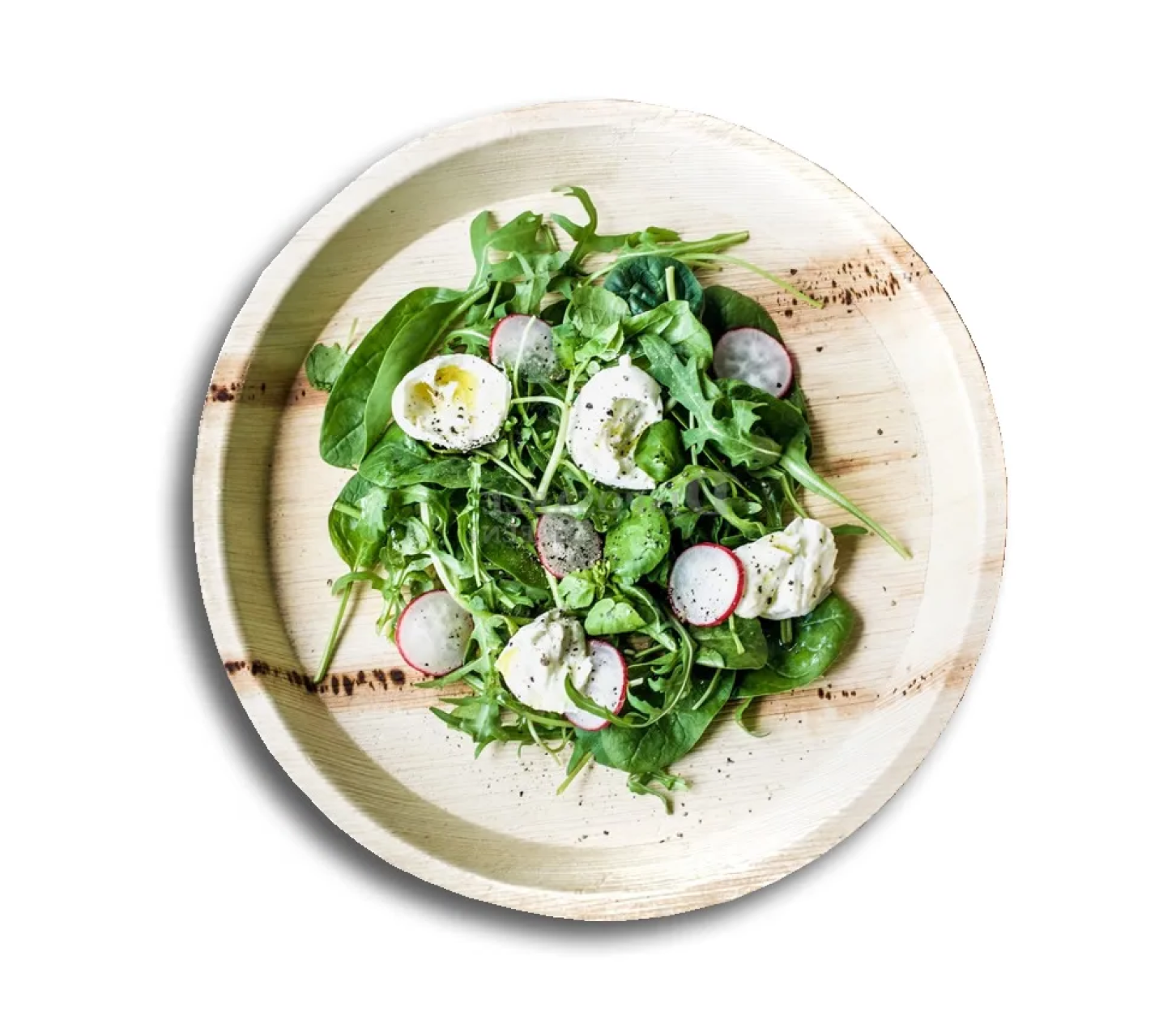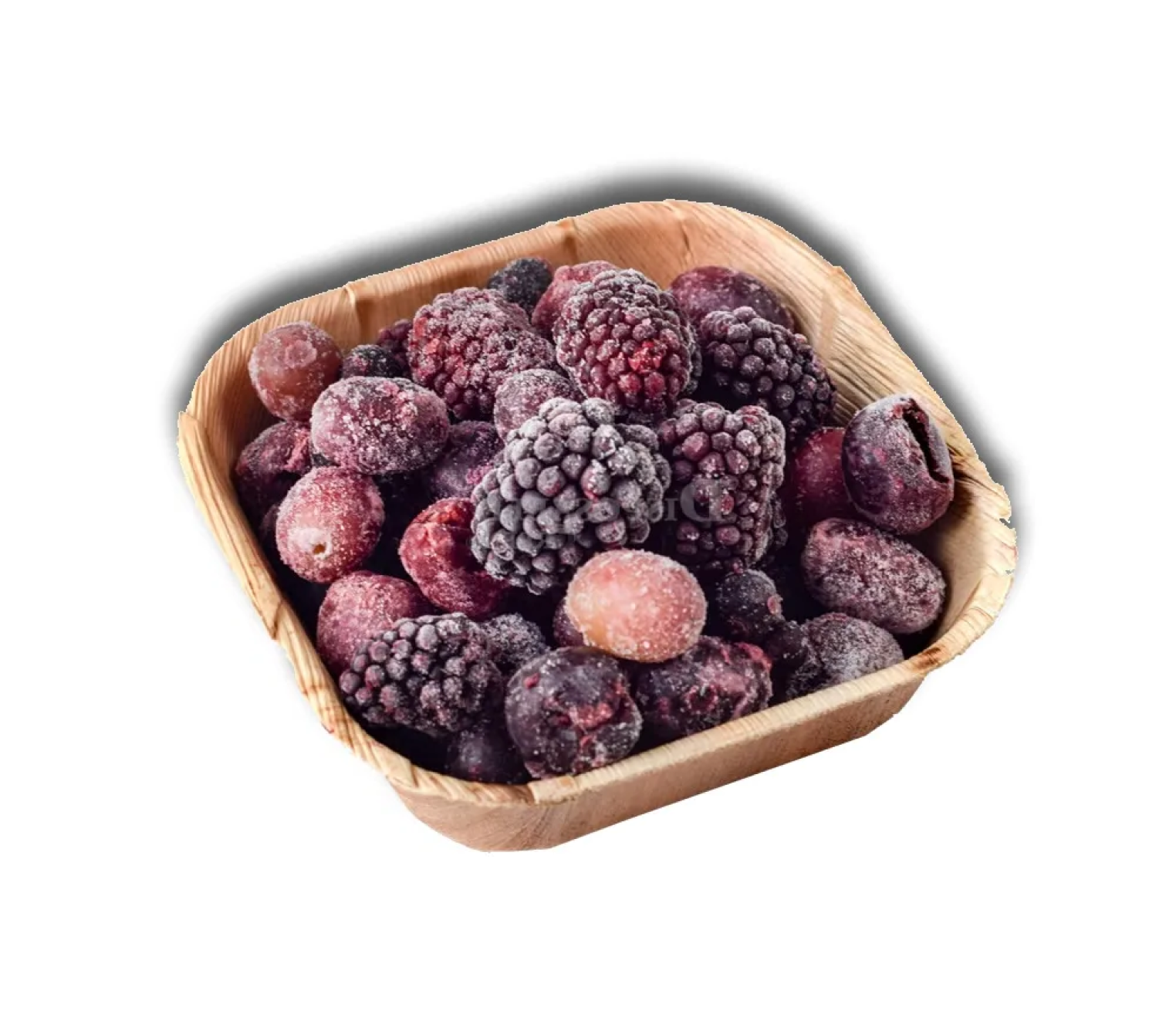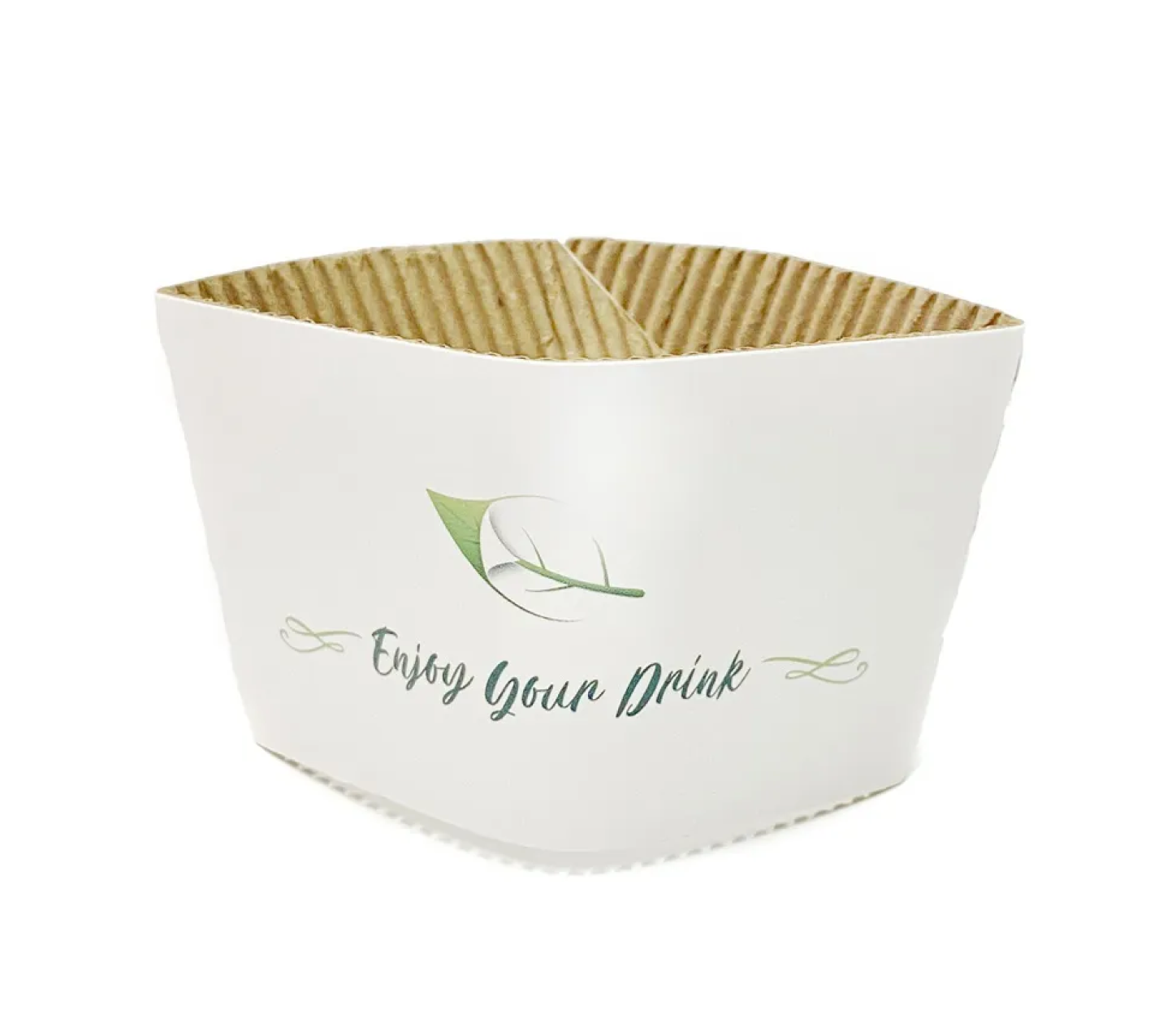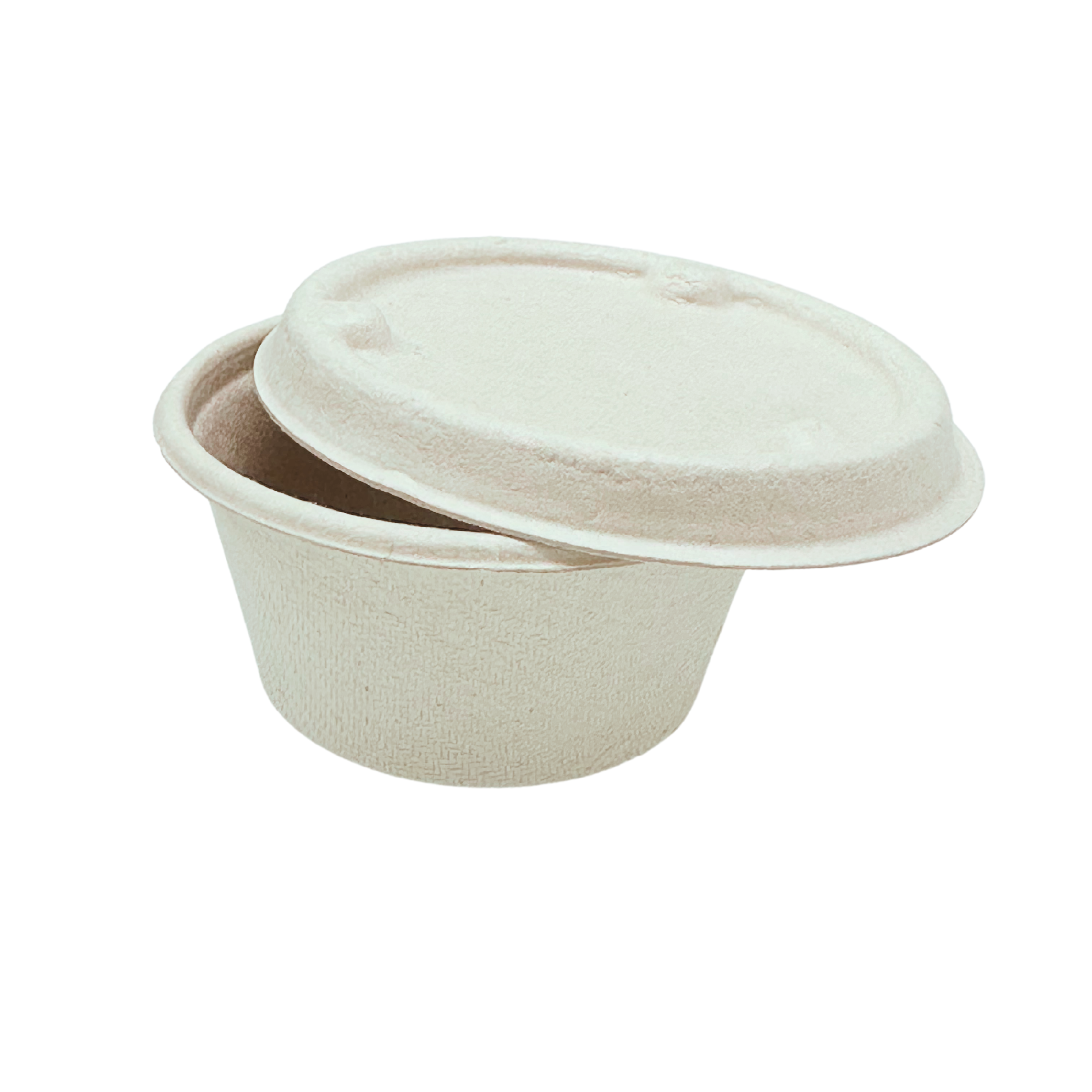
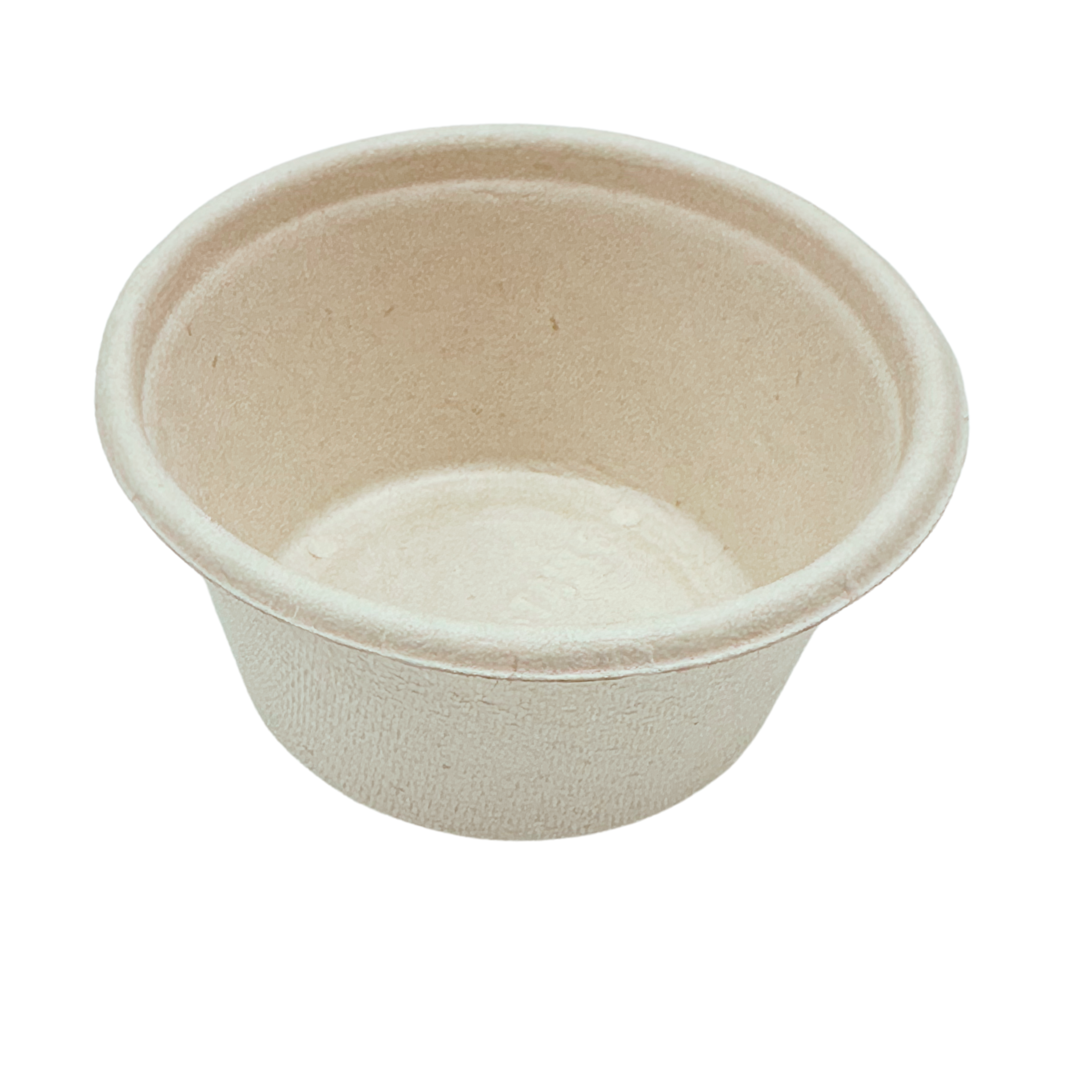
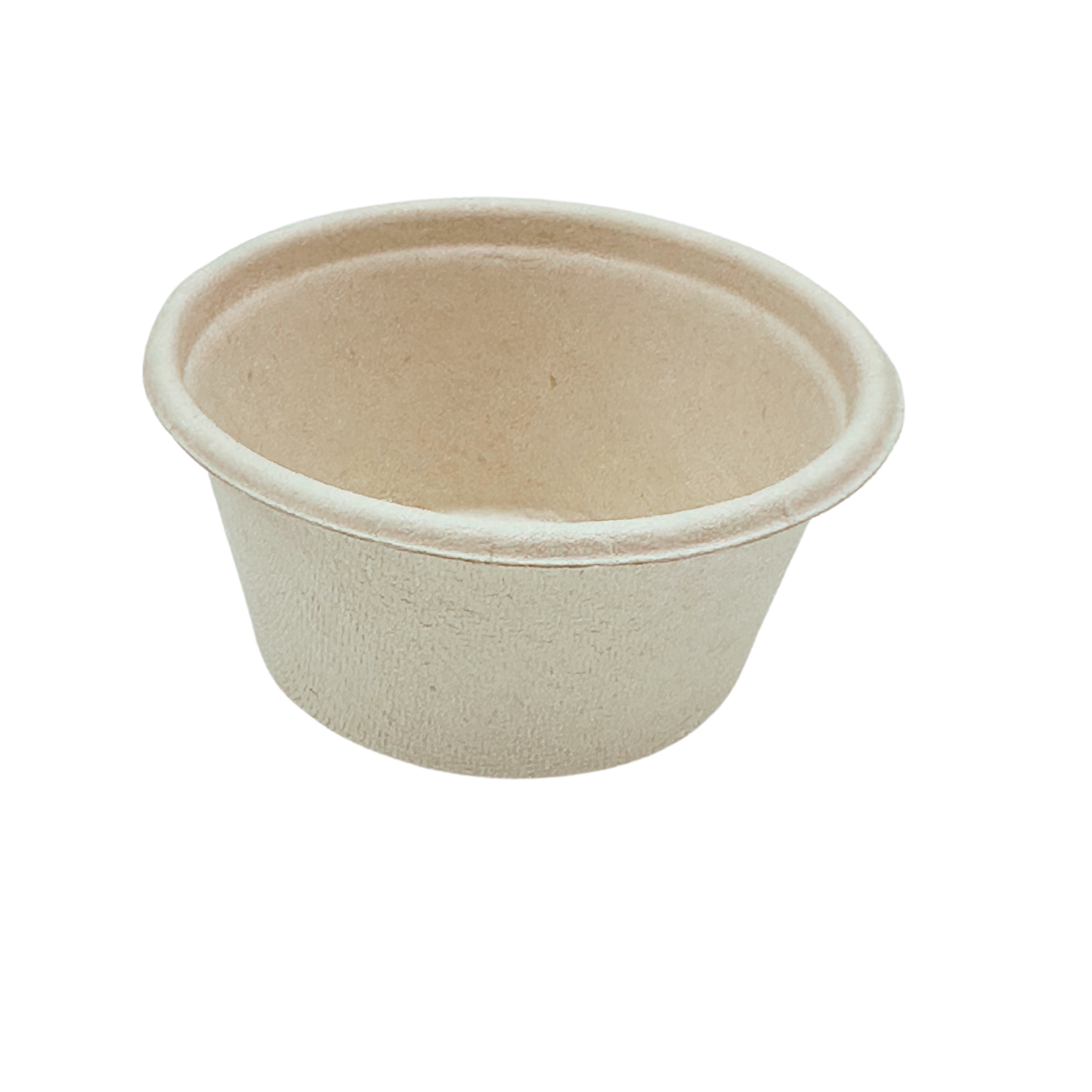
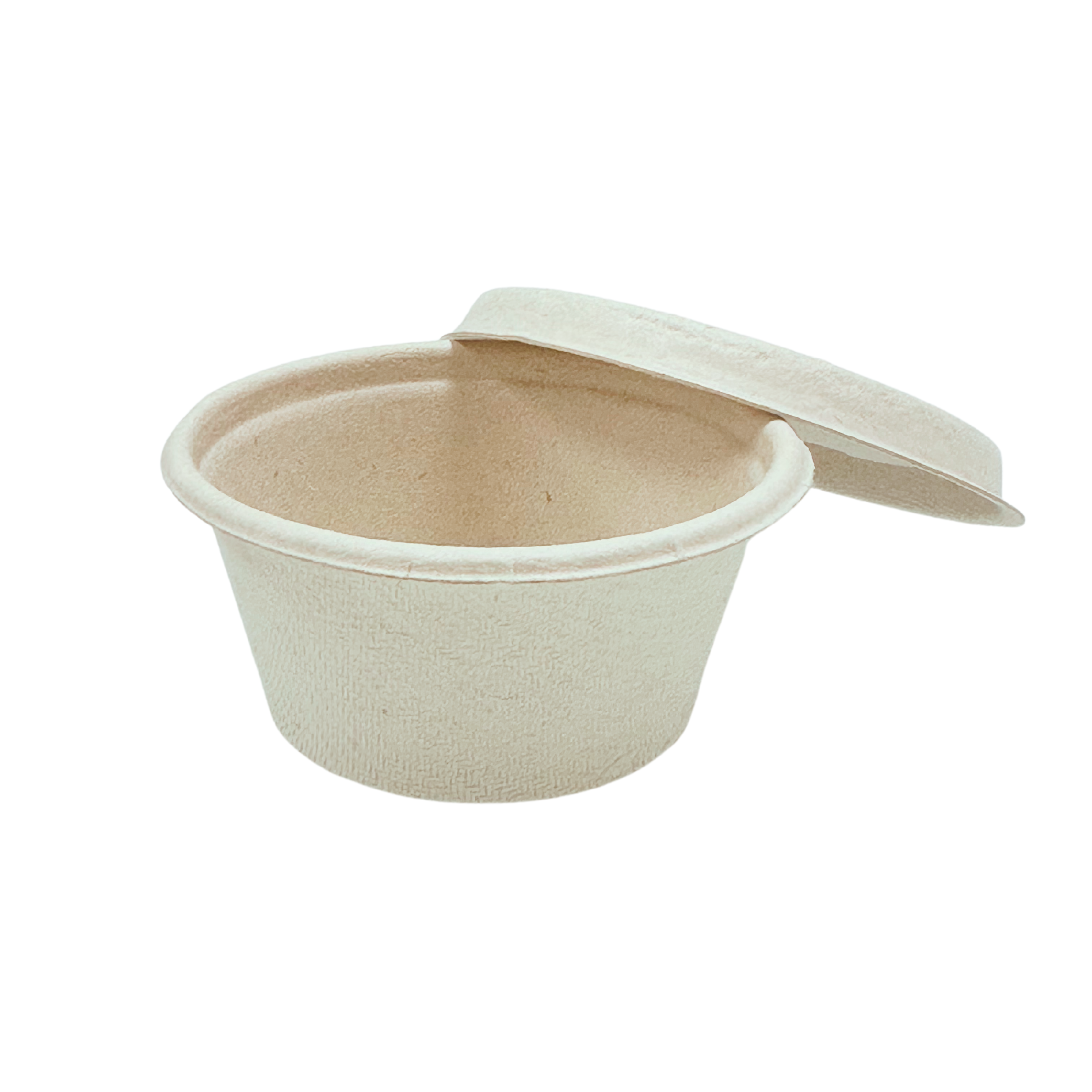
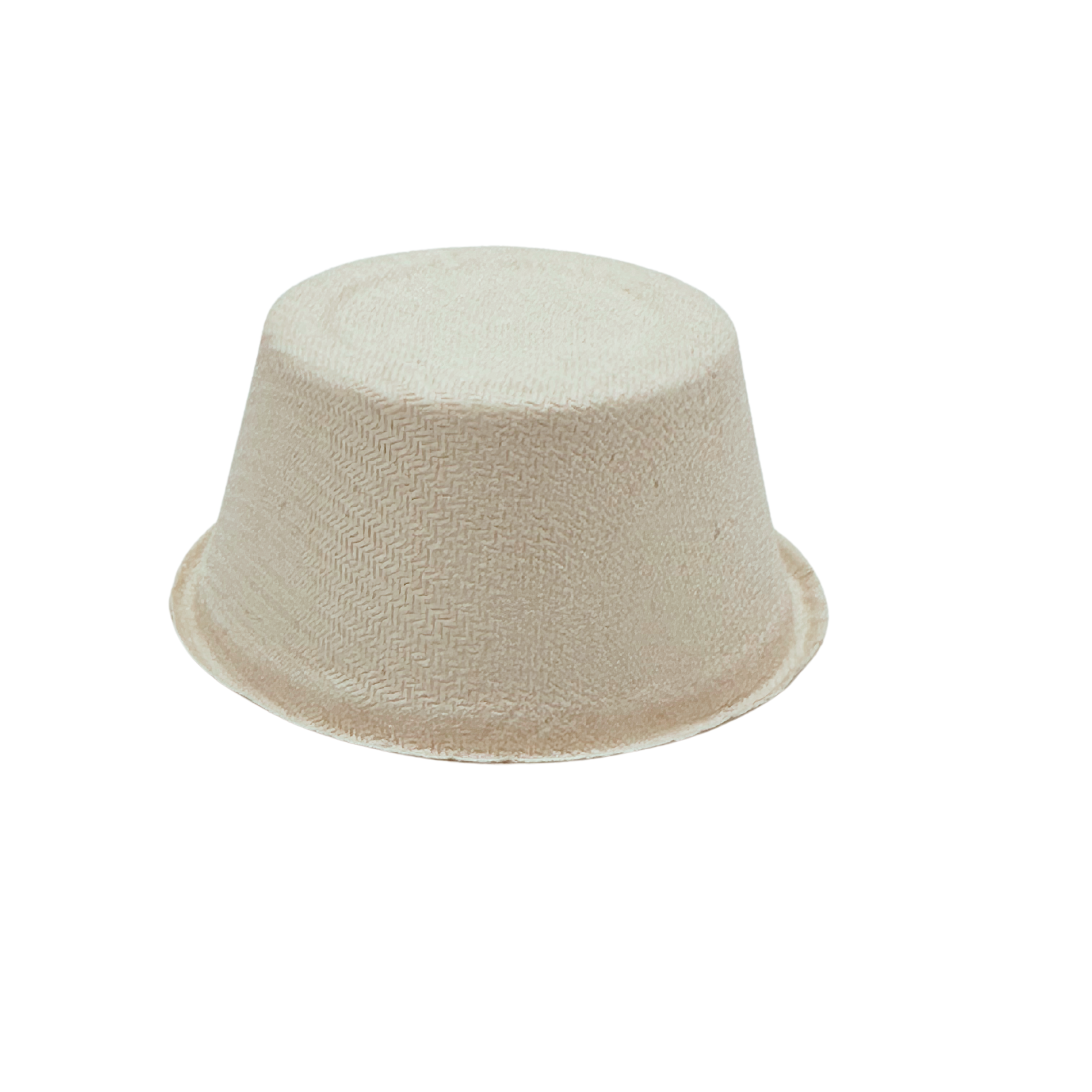
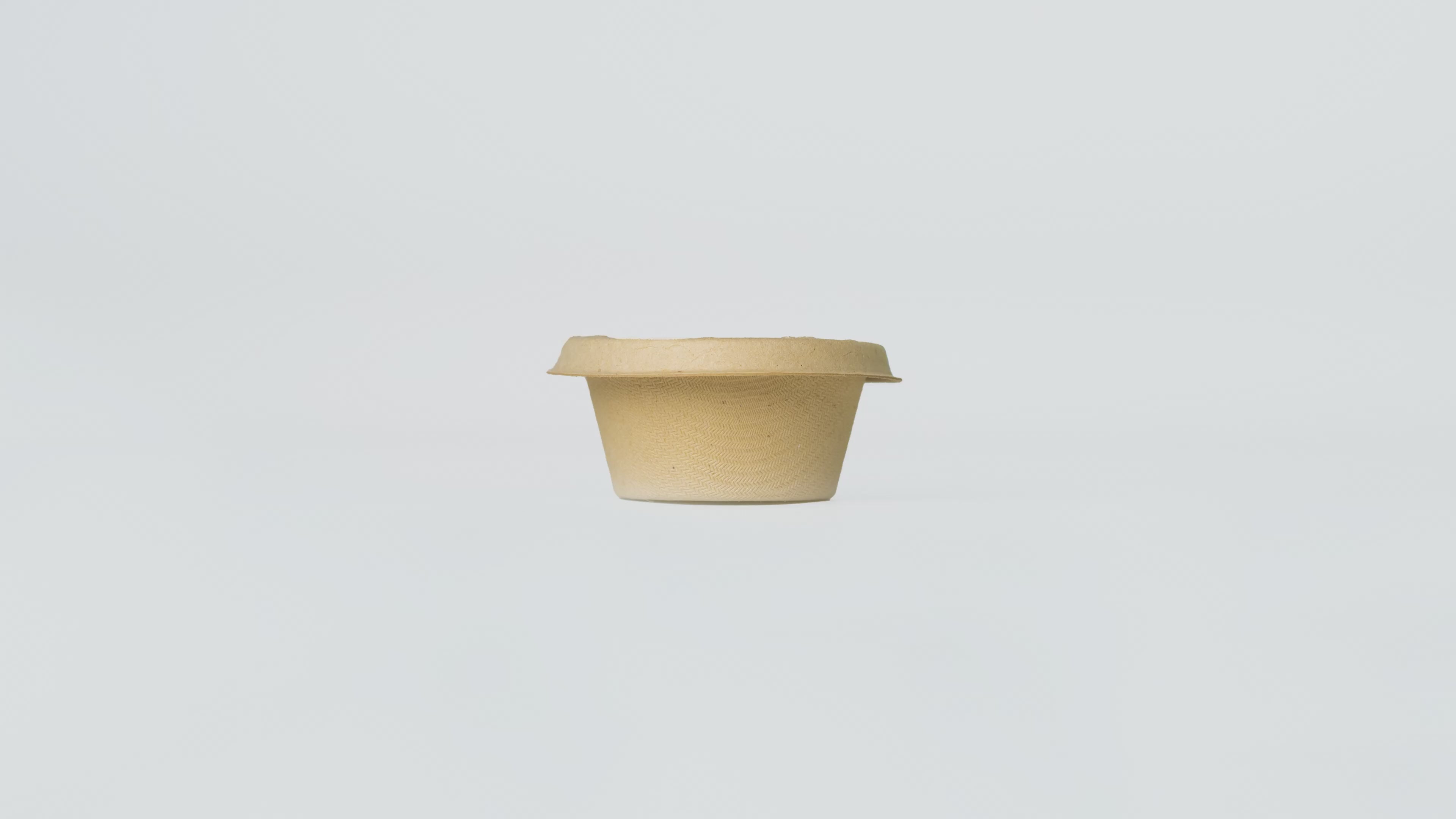
2oz Bagasse Deli Pot and Lid (Ø6.2 x 3CM)
excl. VAT
Features
Product Code- BAG012
Case Size- 1000
Make your eco-friendly statement by choosing these organic and natural colour compostable bagasse 2oz Deli pots and lids. These are made from natural, renewable, biodegradable sugarcane pulp, allowing you to reduce your carbon footprint and make a positive impact on the environment. They are also plastic-free, BPA-free and tree-free, and can be composted either naturally or commercially in less than 12 weeks
Thanks to bagasse’s incredible breathable properties, these pots keep the food from becoming soggy and help keep the dishes deliciously crisp for longer.
Sample-2oz Bagasse Deli Pot and Lid (Ø6.2 x 3CM)
Product Features:
100% Natural and Unbleached
Leakproof
Oil and Water-resistant
Heat resistant up to 120 degrees
Suitable for Freezing, Refrigerating and Microwave
Strong, Sturdy and Versatile
Can be used for both hot, cold, wet and oily foods
Home Compostable
Industrially Compostable
BPA free, Plastic-free and tree-free
Perfect for eco-conscious festivals, food markets and mobile caterers
Product Information
| Case size: | 1000 |
| Pack size: | 50 |
| Packs per case: | 20 |
| Product dimensions: | Ø6.2 x 3CM |
| Case dimensions (inches) : | |
| Product Weight per piece : | 2.5gms |
| Product Weight per pack : | 02kg |
| Product Weight per case : | 2kg |
| Colour : | Natural and Unbleached |
| Home Compostable : | Yes |
| Industrial Compostable: | Yes |
| Recyclable: | Yes, if not Contaminated with food |
| Use: | Hot, Cold, Wet and Dry food |
Shipping
Free Next day* shipping over £30 (Excl. VAT)
Order Cut-Off Time: Weekday - 4.00 PM | Saturday - 11.00 AM

Environmental benefits of bagasse
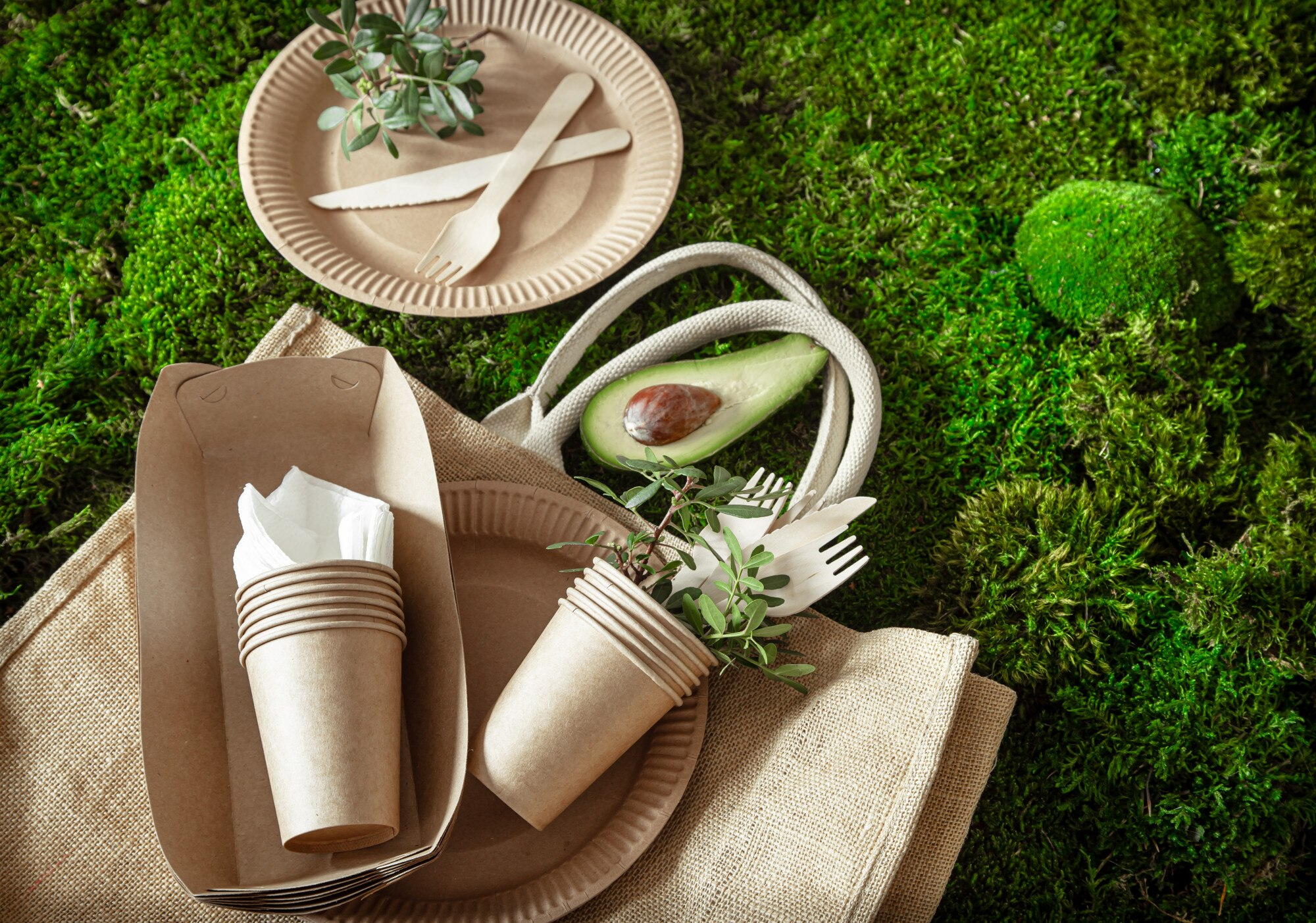
20,000,000 trees are cut down every year to manufacture paper cups—most of those cups are coated in polyethene—which takes 20+ years to decompose in landfills. Bagasse provides a sustainable alternative to these tree-based paper products.

Renewable: bagasse is a by-product of food production—instead of going to waste it is repurposed, so this material is considered an extremely renewable resource.

Compostable: In as little as 60 days, bagasse can be composted entirely—leaving behind no toxic residue. When composted, bagasse turns into a nutrient-rich fertilizer of nitrogen, potassium, phosphorus, and calcium.

